Feb 1, 2014
The Future Observatory
Posted by Andres Agostini in categories: 3D printing, automation, big data, biological, bioprinting, biotech/medical, business, chemistry, climatology, complex systems, computing, cosmology, cybercrime/malcode, cyborgs, defense, driverless cars, economics, education, energy, engineering, entertainment, environmental, ethics, events, existential risks, exoskeleton, finance, food, fun, futurism, genetics, geopolitics, government, habitats, health, human trajectories, information science, innovation, law, law enforcement, life extension, lifeboat, military, mobile phones, nanotechnology, neuroscience, open access, open source, philosophy, physics, policy, posthumanism, robotics/AI, science, scientific freedom, security, singularity, space, supercomputing, surveillance, sustainability, time travel, transhumanism
FEBRUARY 02/2014UPDATES. By Mr.Andres Agostini at www.Future-Observatory.blogspot.com
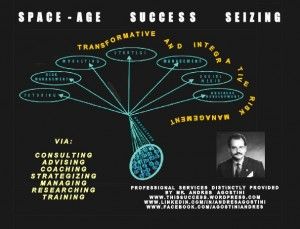
Mass unemployment fears over Google artificial intelligence plans
http://www.telegraph.co.uk/technology/google/10603933/Mass-u…plans.html
Should We Re-Engineer Ourselves?
http://ieet.org/index.php/IEET/more/pearce20140201
A New Physics Theory of Life
https://www.simonsfoundation.org/quanta/20140122-a-new-physics-theory-of-life/
Dr. Rachel Armstrong — Earth’s Bright Future
http://www.londonreal.tv/episodes/dr-rachel-armstrong-earths-bright-future/
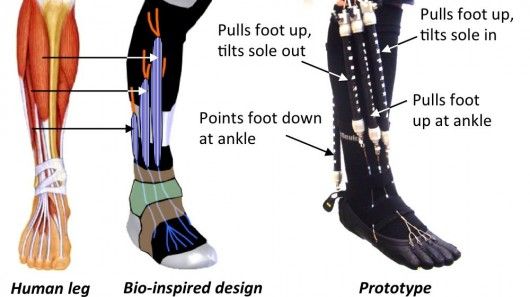
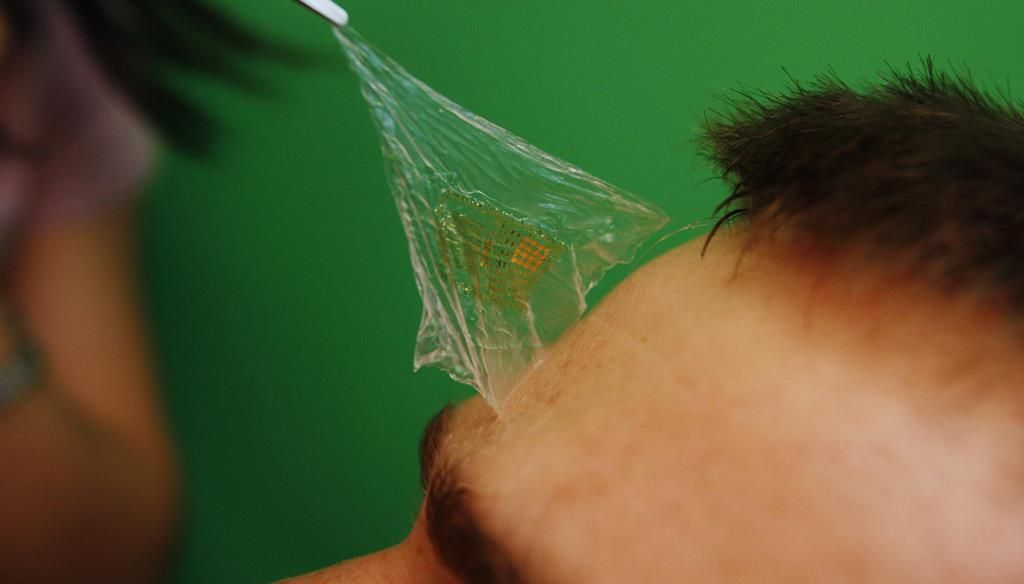
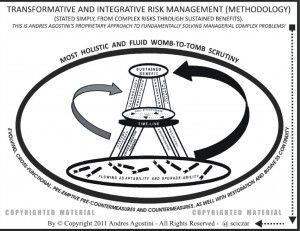
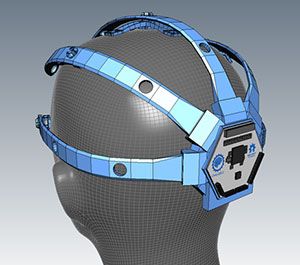 The phrase “
The phrase “









